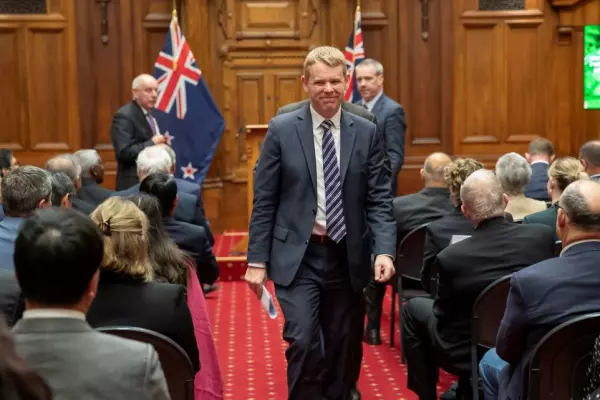It is good that we review past difficulties and errors in our business history.
The BNZ experience which Brian Gaynor reviews is one of those, though I am surprised to see references to my own experience which were never discussed with me by the author.
Some misleading outcomes result from this. When I joined the BNZ board, I was young and inexperienced.
But I could see from the first day and strongly expressed the view that the bank's lending procedures and governance were weak.
At the extreme end, minutes of meetings approving loans were made before the meetings were held and when I challenged this, I was told that overturning loan proposals was “not possible because the loans had already been made”.
Some directors, who had latter day conversion to the fact that the bank was in many respects out of its depth, were not as open to change or challenge.
I never found that a problem.
In the due diligence process around the sale of BNZ, these poor practices and the inevitable recognition of the problems they had caused became more evident than they were in reports from management motivated by asset growth to a distant board.
The rigour of such processes is vital, then and now.
The fact is that the chair of the board and I briefed the relevant ministers on this and advised that the sale process might well be suspended pending resolution. As was their right, they decided to proceed.
Some directors saw an opportunity for themselves in advocating the removal of (Ron) Brierley as chair.
Actually, Brierley was not the problem but the past practices were. But they persuaded, behind the backs of the board, the new minister Caygill to remove him.
All statements made by me on behalf of the bank were in accord with the decisions of the board. But it was a fast-moving situation not helped by defensive senior management and directors jockeying for personal position.
I did not oppose Brierley’s removal.
If it were up to me at the time, I would have removed more of the board, including the plotters and senior management.
The intersection between government ministers and commercial boards is not easy and still not always conducted in an appropriate manner.
It is laughable for Brian Gaynor to suggest that my appointment to chair GPG decades later was due to some closeness between Brierley and me.
We had virtually no contact between the events, and my task – successfully conducted – at GPG was to dismember his business against his ongoing opposition.
History is useful to learn from. But only if it relies on rigorous attention to the real events.













